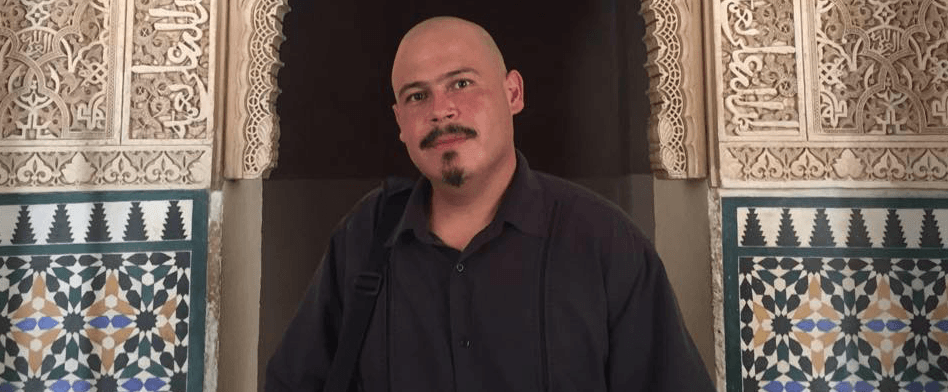[June 2019] Professor Roberto D. Hernandez discusses the role of the concept of ‘newness’ and ‘modernity’ in eradicating cultures and peoples.
Listen to the Genocide Memorial Day 2019 podcast below. In this discussion on historiography and the 1968 revolution, Professor Hernandez looks to the need to understand modernity alongside coloniality. In this discussion of the 1968 revolutions he presents a critique of the prevailing historiography of ‘newness’ around these events. He argues that ‘newness’ is part of the epistemological foundations and common sense thinking around the modern world. He argues that ‘modernity’ and ‘newness’ need to be contextualised through the prism of coloniality. 1968 in this view is revealed as a moment of epistemological break with the idea of newness as part of (radical) change. Newness as a concept starting with the conquest of the ‘New World’ is also a concept that eradicates, and understanding how this term works is important in both restitution after historic genocides but also in genocide prevention.
Spanning the conquest of the ‘New’ World to the current moment of ever increasing borders and expulsions, this conversation looks at how concepts such as migration, immigrant, New World, modernity carry meaning and are sometime pivotal concepts in genocidal projects. Buy Professor Hernandez’s ‘Coloniality of the US/Mexico Border’ book here.
Keywords: Modernity, newness, coloniality, genocide, 1968, 1492, mexico, fortress europe, us-mexico border
Roberto D. Hernández is an associate professor in the Department of Chicana and Chicano Studies at San Diego State University, where he teaches comparative border studies and decolonial theory. He co-edited Decolonizing the Westernized University: Interventions in Philosophy of Education from Within and Without.






